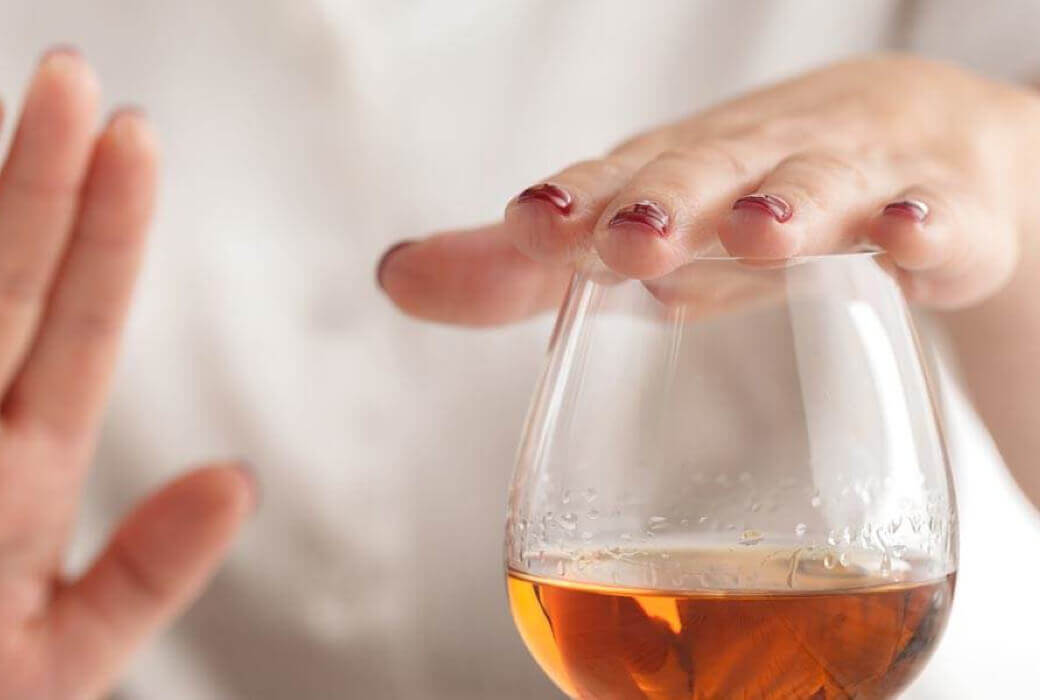One glass of wine can put a woman over the drink drive limit, warned TTC Group in the wake of the Government’s decision not to reduce drink drive levels in line with the rest of Europe
Transport Secretary Chris Grayling announced that the Government would not reduce the limit from 80 to 50 similar to most countries because they did not want to penalise motorists for simply having “a glass of wine at the pub”.
But road safety organisation TTC, which runs rehabilitation courses for convicted drink drivers, said a single glass of 250ml of wine as served in pubs will put women over the legal limit.
“Alcohol strengths vary in different glass sizes. It is not so simple as to say a glass of wine is OK because it’s not,” a TTC spokesman said.
More than 200 motorists die each year due to drink driving and motorists with a blood alcohol level between 50mg and 80mg are 6 times more likely to be involved in a fatal crash. They are also twice as likely to be involved in a traffic incident, TTC said.
Around 25 lives could be saved and 95 serious injuries prevented if England followed Scotland’s example to reduce the limit to 50mg, said Professor Richard Allsop in a report commissioned by the RAC and PACTS, Parliament’s transport safety advisors.
The UK and Malta are the only other EU countries with higher drink drive limits with Malta currently considering lowering its limit.
Scotland lowered its limit in 2014 cutting drink drive offences in the first 9 months by 12.5 per cent and Northern Ireland is reducing its limit.
TTC has been campaigning for the reduction for many years and was joined by a wide range of road safety organisations, including Brake, RAC and the AA.
There has been no reduction in drink drive deaths since 2010 with 240 people killed and more than 8,000 casualties each year costing £800m.
* Women would be well over the limit if they drank the same as men because they have about 15% more fat and less water to dilute alcohol. They reach a higher level of breath/blood alcohol than a man of the same body weight drinking the same amount.

